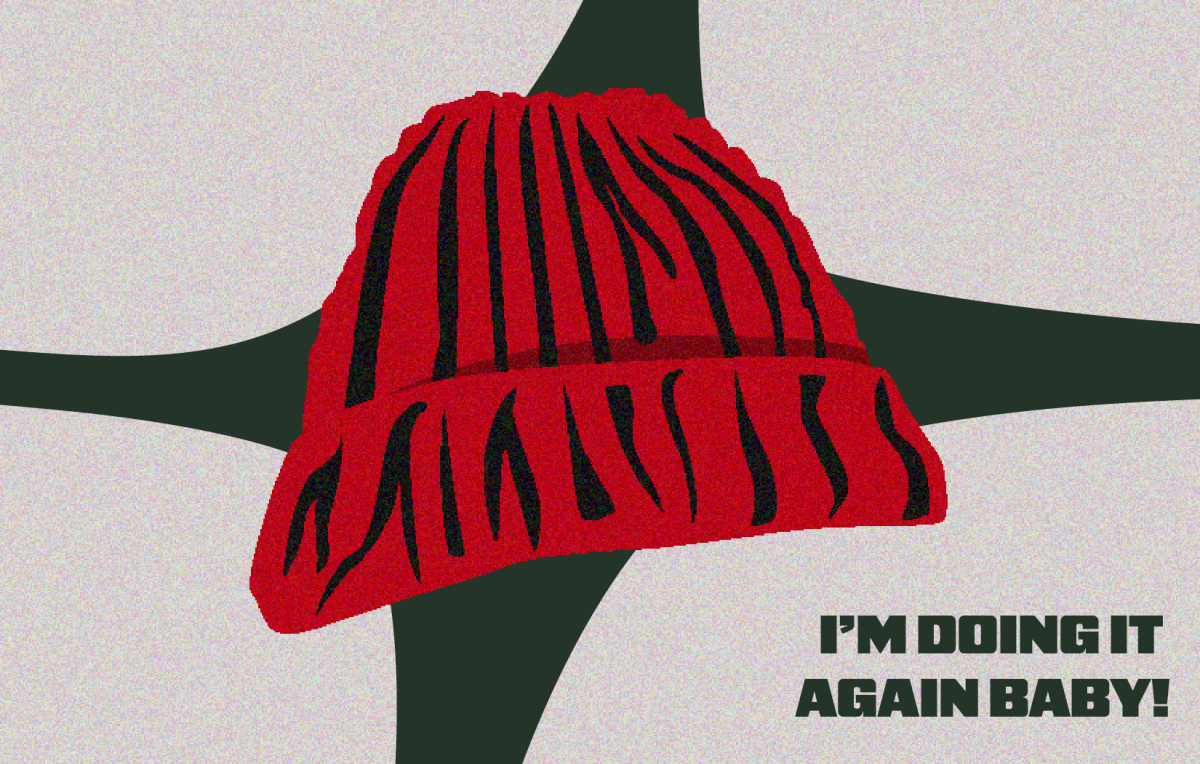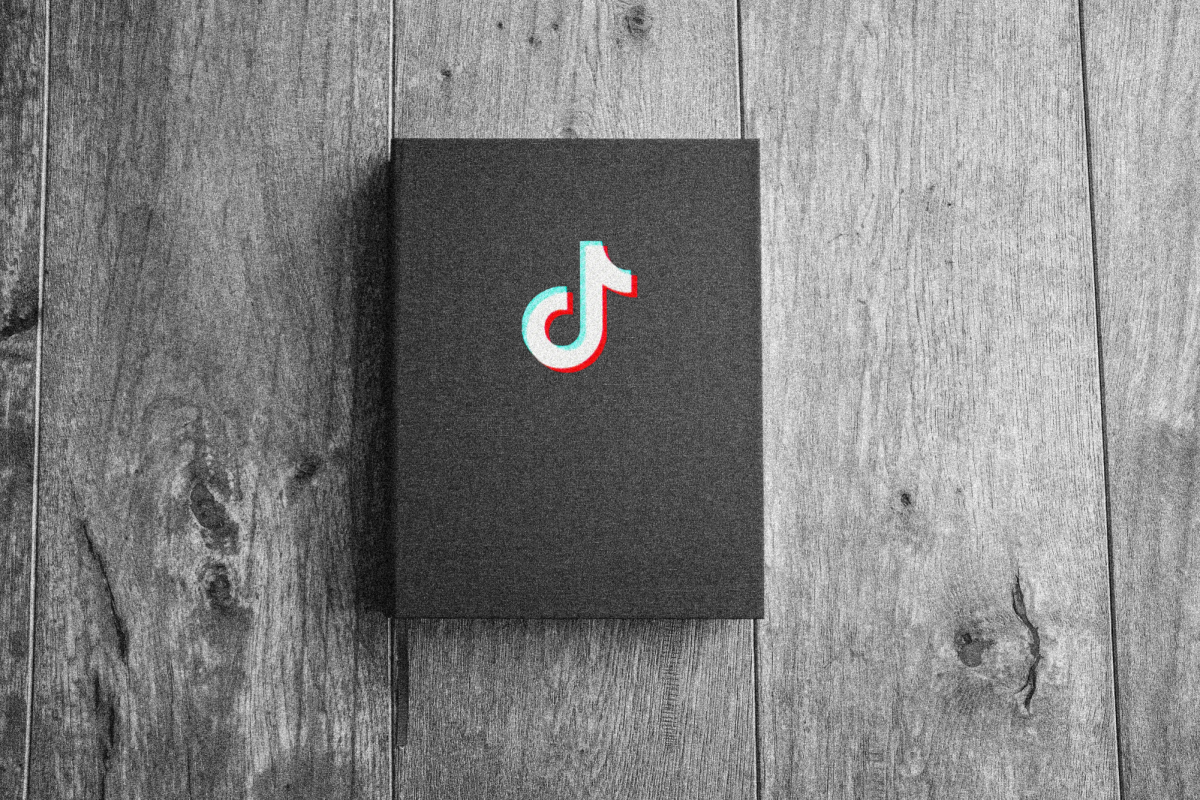Saifee & Weglinski: Spring Semester Can Bring Hope
The University of Utah campus gets adorned with the first snowfall of the season on Dec. 04, 2019 (Photo by Abu Asib | The Daily Utah Chronicle)
January 19, 2021
As the end of our winter break nears, there seems to be a looming sense of anxiety about the coming spring semester. Simply put, the fall semester was not easy for us. The ongoing pandemic, a tumultuous election and an online learning environment proved extremely difficult for students to navigate. And at a glance, the spring semester looks to be facing similar challenges. However, with the COVID-19 vaccine rollout, warming weather and the recent passing of ASUU’s Student Wellbeing During COVID-19 resolution, we believe the spring semester will be better. No doubt, the spring semester will be challenging but we have plenty of reasons to stay hopeful.
As of January 2021, COVID-19 cases have been on a steady rise. Utah is averaging around 3,000 new cases per day due to gatherings during the holiday season. This is quite grim news coupled with the fact that just recently, Governor Herbert’s order from November to test students living on campus and attending classes in person weekly was dropped. On the bright side, the University of Utah plans to continue testing all students living on campus and randomly selecting students attending on-campus classes for testing. The University of Utah is also offering asymptomatic testing for all students, staff, and faculty on top of symptomatic testing from last semester.
Additionally, COVID-19 vaccines — from Pfizer and Moderna — have been approved and are being distributed in Utah. Since Dec. 15, 2020, healthcare workers have been receiving the vaccine. Though many college students are relatively far down on the list to receive a vaccination, it is projected that vaccines could be available as early as March. This development doesn’t absolve the need for masks, social distancing and limited gatherings. But it does mean we will be better equipped to handle the COVID-19 related challenges. With the end in sight — or rather as a time when our family, friends, and community will be better-protected nears — stay hopeful.
For those who suffer from seasonal depression, look forward to better days in spring. The seasonal change brings more sunlight, which has been proven to go hand-in-hand with a healthy mental state. It won’t get dark at 4 pm, and in turn, we’ll be less tired, more productive and more motivated. And as the temperature rises, we’ll have more opportunities to go outside. Being outdoors for just 20 minutes is proven to improve mental health — conversely, isolating yourself at home for long periods is shown to have adverse effects on your mental health. Thankfully, the warming temperature will allow us to have more opportunities for in-person meetings — with adherence to COVID-19 guidelines.
However, for these first couple of months, there are other resources to utilize. If you’re struggling financially, you can apply for the U’s student emergency funds. The Union Food Pantry is also open Monday through Friday for struggling students and their families. Our student wellness center offers free counseling for all University of Utah students, so we always have someone to turn to for help. And as exercise benefits both physical and mental health, there are different fitness resources available for us to take advantage of — ranging from yoga to boot camp zoom calls. There’s a wide variety of services available for U students to get help while also making these unprecedented times a bit more bearable.
Many of us struggled academically during the fall semester. ASUU’s resolution may provide some hope for a better spring semester. This call-to-action will urge U professors to be more transparent with students on coursework and deadlines while also asking them for empathy regarding students’ well-being. It also proposes the creation of three mental health days for students to relax and take a breather from school. Granted, these plans should have been in place before the fall semester started and not when students are already struggling through balancing homework and coping with a pandemic halfway through the school year. Hopefully, this semester, students and teachers will support each other more, laying out clear expectations from the start to ensure a better learning and teaching environment.









